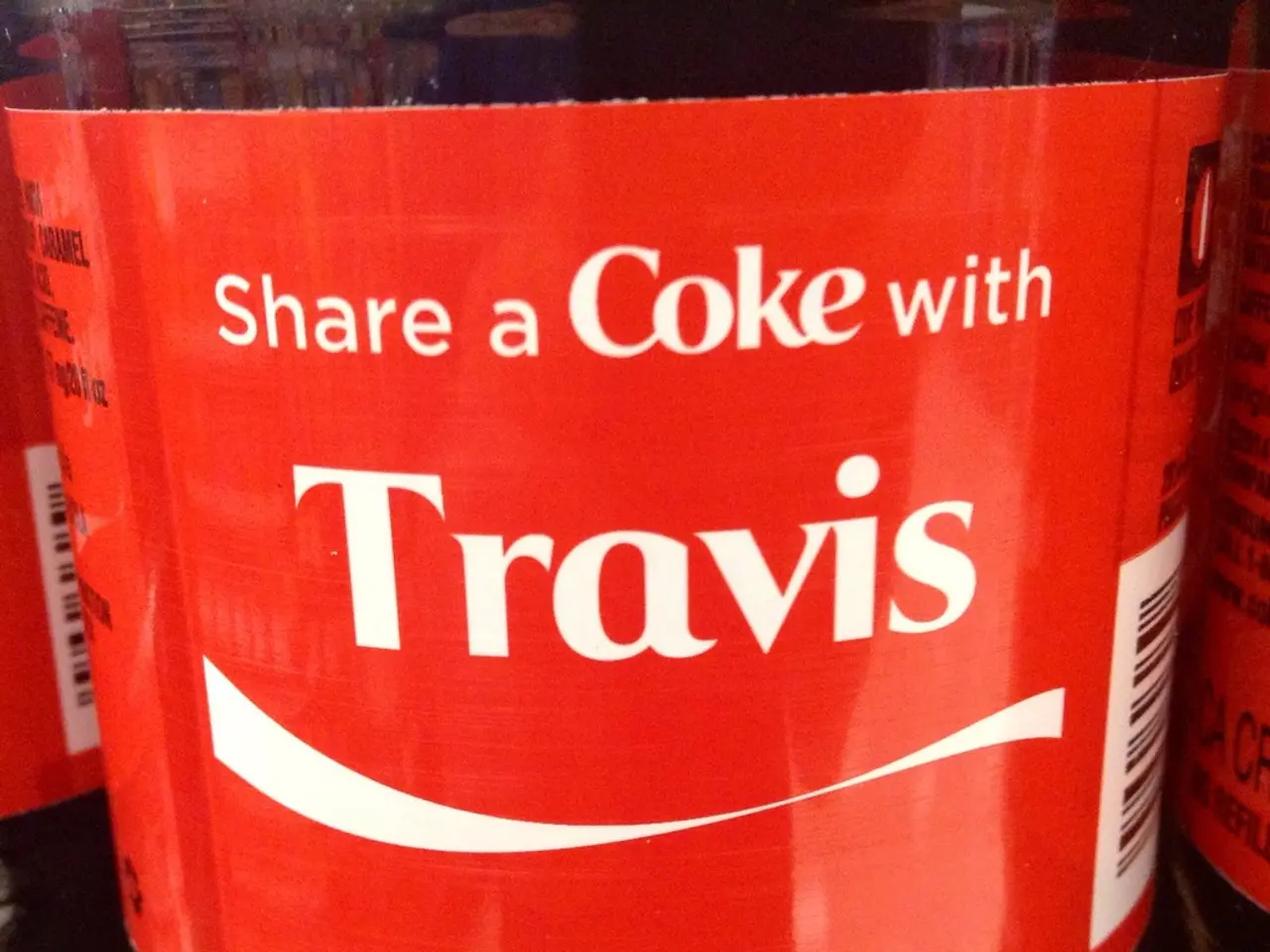Cryptocurrency platform Kraken collaborates with Bunq for a new service offering in the digital asset sector
Bunq, a Dutch neobank, has announced its plans to enter the U.S. market, targeting digital nomads, expats, international entrepreneurs, and remote professionals with strong ties on both sides of the Atlantic. The U.S. launch of Bunq is not directly connected to its crypto endeavor but reveals its growth.
The regulatory environment in the U.S. is expected to become clearer, thanks to the easing of crypto regulations. Bunq is actively pursuing a U.S. banking license and broker-dealer license, aligning with the evolving regulatory landscape characterized by recent legislative efforts like the Clarity Act and stablecoin regulations. These aim to clarify crypto classifications and establish federal rules.
The shift from the Biden administration’s strict enforcement approach to the Trump administration’s more crypto-friendly regulatory stance—including the dropping of previous lawsuits against major crypto exchanges and support for clearer legislation—helps Bunq plan a more confident and strategic U.S. market entry. This regulatory easing encourages neobanks and crypto firms to expand, providing a predictable legal framework, which is crucial for Bunq’s business model targeting digital nomads and mobile users.
Bunq's new venture, Bunq Crypto, will allow users to open accounts and trade over 300 cryptocurrencies, including bitcoin, Ethereum, and Solana. The technology firm Kraken, which recently acquired futures trading platform NinjaTrader for $1.5 billion, has partnered with Bunq to facilitate this expansion. Kraken Embed, a crypto-as-a-service solution, will help partners integrate crypto trading on their own platforms, as demonstrated by its first public integration with Bunq.
In the U.S., Bunq is tailoring its approach to fit how Americans live and manage money, as they save after spending, unlike in the Netherlands or Germany. To ensure a smooth onboarding process, Bunq will provide an easy-to-understand guide for new users on how crypto works, the risks involved, and how to get started.
Bunq had previously pulled back its request for a U.S. banking permit in February last year due to issues with its Dutch regulator and the Office of the Comptroller of the Currency, and the Federal Deposit Insurance Corp. However, the company is now back on track, focusing on tracking its Net Promoter Score in the first few months to measure customer satisfaction and usage. A high Net Promoter Score indicates that Bunq is on the right path and can be more ambitious with future releases.
As Bunq Crypto expands across Europe, including countries like the Netherlands, France, Spain, Ireland, Italy, and Belgium, it now sets its sights on the U.S., the U.K., and other countries. Ali Niknam, founder and CEO of Bunq, stated that everything for saving, spending, and investing, including crypto, is now on one platform.
[1] Clarity Act [2] Stablecoin Regulation
- Bunq's pursuit of a U.S. banking license and broker-dealer license aligns with the evolving regulatory landscape incentivized by recent legislative efforts like the Clarity Act and stablecoin regulations, aiming to provide clarity for crypto classifications and establish federal rules.
- With the regulatory easing in the U.S., Bunq, a Dutch neobank, plans to expand its business model that targets digital nomads and mobile users, leveraging technology through partnerships with firms like Kraken, and catering to the American way of managing finances.




